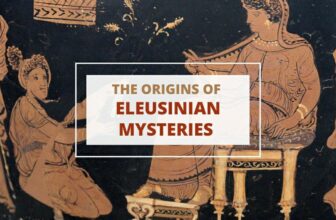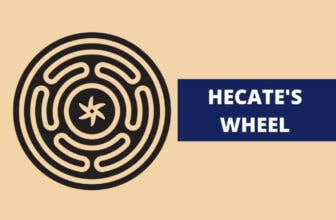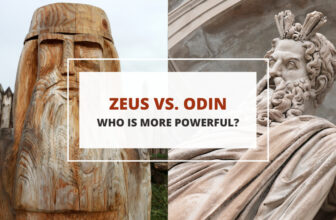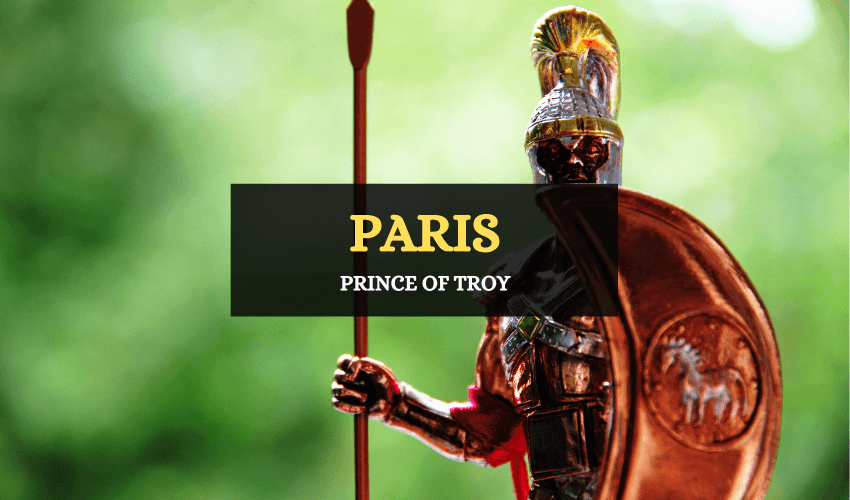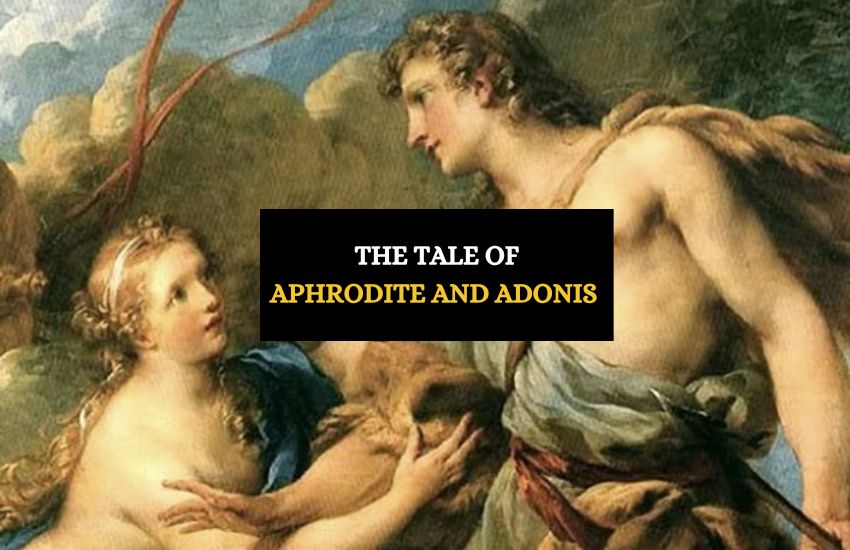
Table of Contents
The myth of Aphrodite and Adonis is a classic tale of love, passion, and tragedy. As the goddess of love and beauty, Aphrodite was known for her many lovers, but none captured her heart quite like Adonis.
Their passionate love affair was cut short by Adonis’s untimely death, leaving Aphrodite heartbroken and inconsolable. The story has captivated audiences for centuries, inspiring works of art, literature, and even modern-day interpretations.
Let’s explore the timeless tale of Aphrodite and Adonis and the enduring lessons it can teach us about love and loss.
The Birth of Adonis
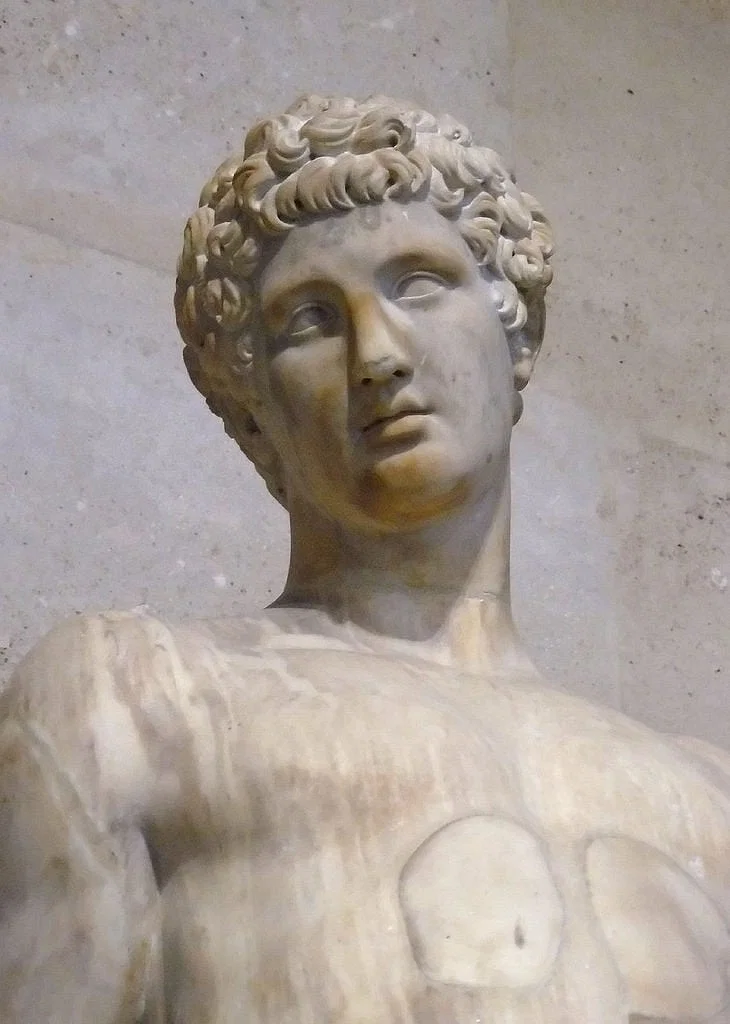
Adonis was the son of the king of Cyprus, and his mother was a powerful goddess named Myrrha. Myrrha had fallen in love with her own father and sought the help of a sorceress to seduce him. As punishment for her actions, the gods turned her into a myrrh tree, from which Adonis was later born.
The Love of Aphrodite and Adonis
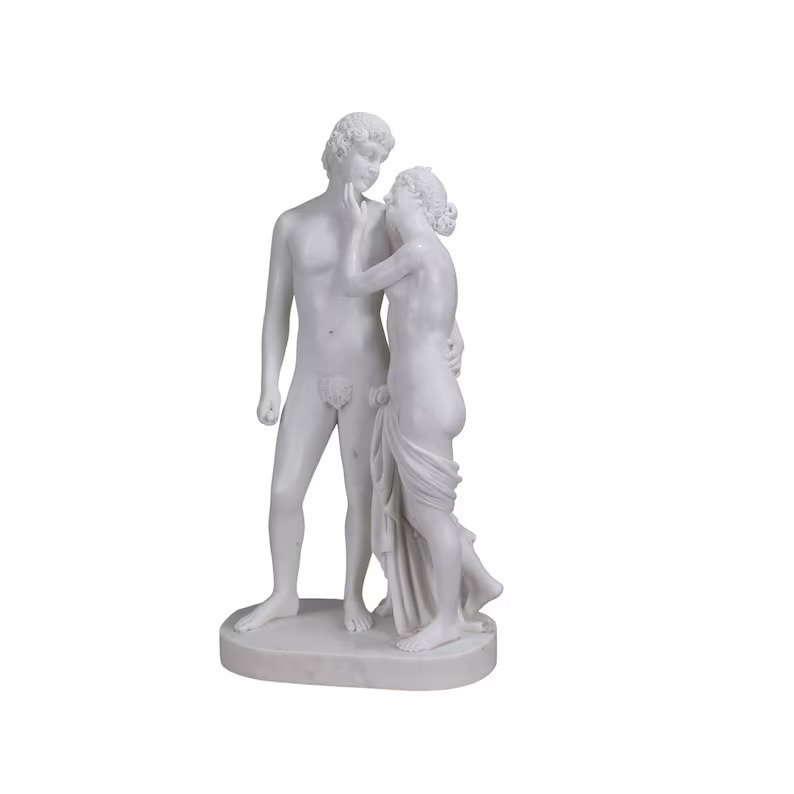
As Adonis grew into a handsome young man, he caught the eye of the goddess of love and beauty, Aphrodite. She was besotted by his beauty and soon fell deeply in love with him. Adonis, in turn, was enamored with Aphrodite and the two began a passionate love affair.
The Tragedy of Adonis
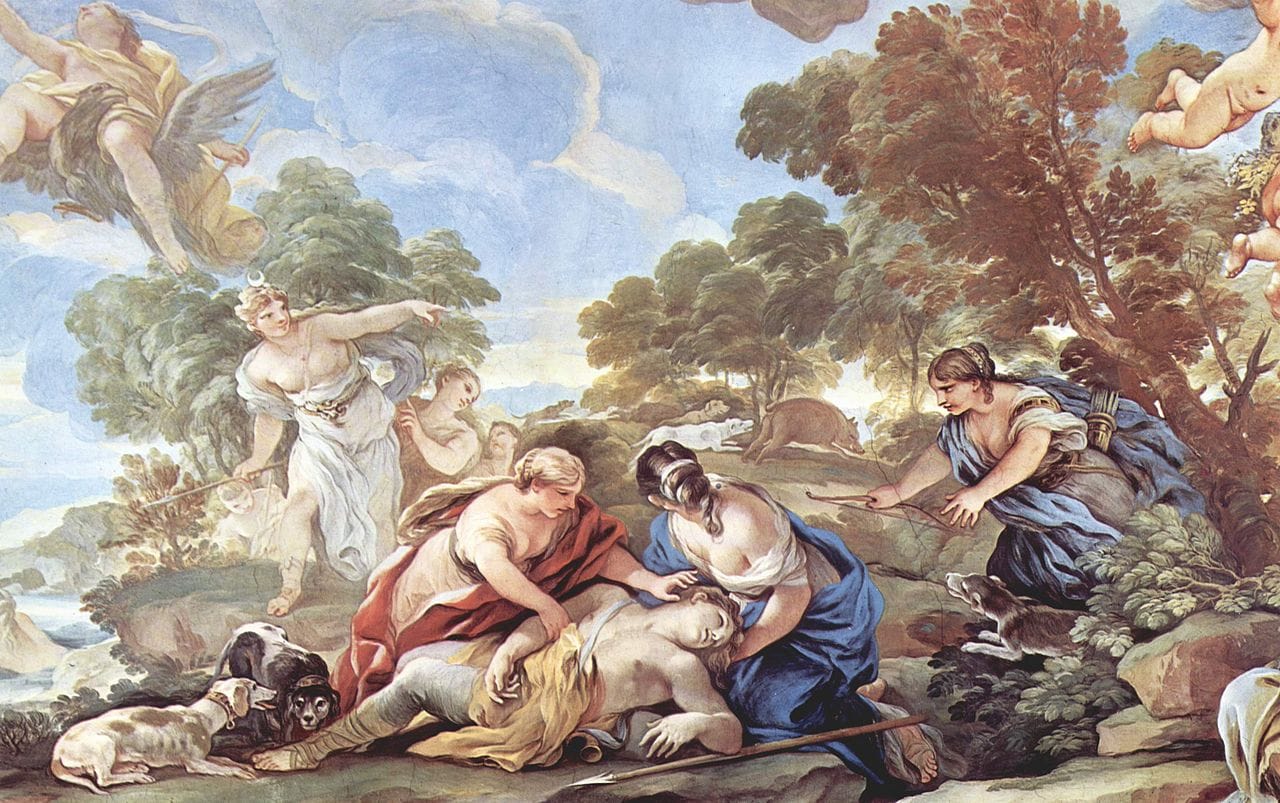
Despite Aphrodite’s warnings, Adonis was a reckless hunter and enjoyed taking dangerous risks. One day, while out hunting, he was attacked by a wild boar and mortally wounded. As Adonis lay dying in Aphrodite’s arms, she wept and begged the gods to save him. But it was too late, and Adonis passed away in her arms.
The Aftermath
Aphrodite was inconsolable and filled with grief over the loss of her beloved Adonis. She begged the gods to bring him back to life, but they refused. Instead, they allowed Adonis to spend six months of each year in the underworld with Persephone and six months above ground with Aphrodite.
Alternate Versions of the Myth
There are several alternate versions of the myth of Aphrodite and Adonis. Some variations include additional details, while others present a completely different story altogether.
1. Adonis and Persephone
In Ovid’s version of the myth, Adonis falls in love with Persephone, the Queen of the Underworld. According to this version, Persephone was out picking flowers when she stumbled upon the handsome Adonis, who was also picking flowers.
The two quickly fell in love and began a secret affair. However, when Aphrodite found out about Adonis’ infidelity, she became jealous and angry. In revenge, she sent a wild boar to kill Adonis while he was out hunting.
2. The Love Triangle
In another version of the myth by Antoninus Liberalis, Adonis was pursued not only by Aphrodite but also by Beroe, a sea nymph who was deeply in love with him. Adonis, however, only had eyes for Aphrodite, causing Beroe to become jealous and vengeful. She spread rumors about Adonis, leading Aphrodite to question his loyalty.
In a fit of jealousy, Aphrodite transformed Beroe into a fish. However, the transformation didn’t ease her mind and she still couldn’t trust Adonis. In the end, Adonis was killed by a wild boar while hunting, leaving both Aphrodite and Beroe heartbroken.
3. The Rivalry of Aphrodite and Apollo
In this version by Pseudo-Apollodorus, Aphrodite, and Apollo are both in love with Adonis. They decide to settle their rivalry by allowing Adonis to choose between them. Adonis chooses Aphrodite, but Apollo is so enraged that he turns himself into a wild boar and kills Adonis during a hunting trip.
4. The Role Reversal of Aphrodite and Adonis
In Heinrich Heine’s satirical version, Adonis is portrayed as a vain and shallow character who’s more interested in his looks than in Aphrodite. Aphrodite, on the other hand, is depicted as a strong and independent goddess who is tired of Adonis’s narcissism and ends up leaving him.
The Moral of the Story
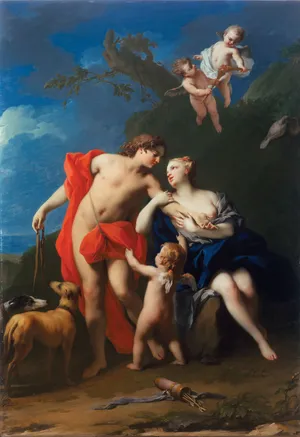
The myth of Aphrodite and Adonis teaches us about the dangers of pride and the fleeting nature of beauty. Adonis, a symbol of youthful beauty, became arrogant and overconfident, leading to his tragic end.
Aphrodite, who represents love and desire, demonstrates that even the goddess of love cannot control the course of fate. The myth also emphasizes the power dynamics between men and women, as Adonis’ fate is ultimately decided by the goddess.
Ultimately, the story highlights the fragility of life and the importance of living in the moment, cherishing the beauty and love that we have before it’s too late. It reminds us to be humble and grateful and to not take our blessings for granted.
The Legacy of Aphrodite and Adonis
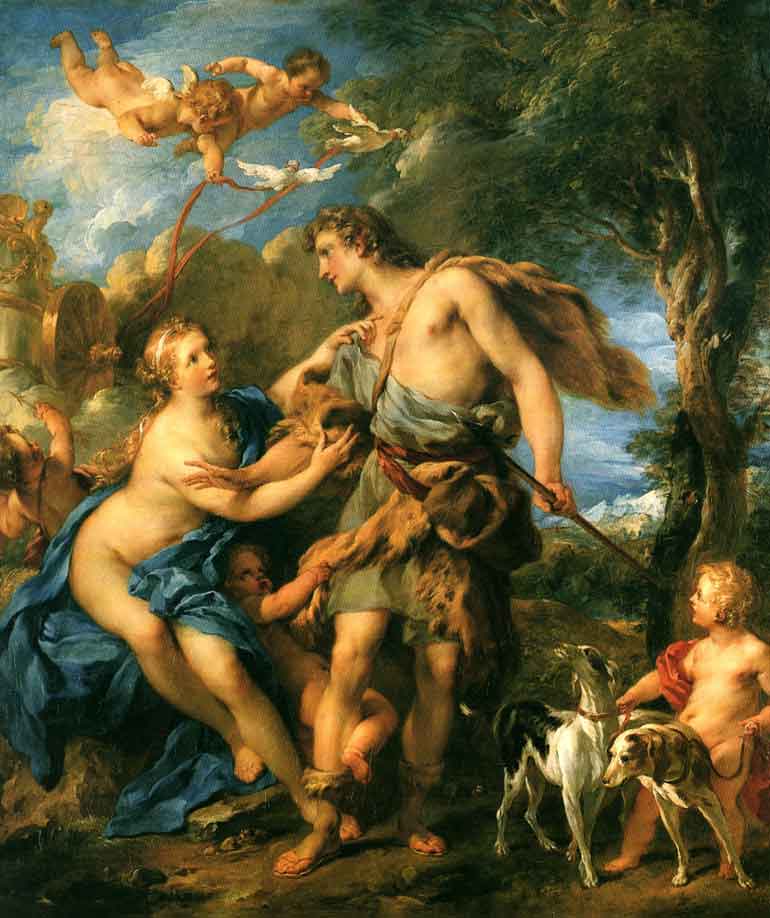
The myth of Aphrodite and Adonis has had a lasting legacy in art, literature, and culture. In art, it has inspired countless paintings, sculptures, and other forms of visual art. In literature, it has been referenced in countless poems, plays, and novels, from Shakespeare’s “Venus and Adonis” to modern-day works.
The myth has also had an impact on popular culture, with elements of the story appearing in films, TV shows, and even video games. Moreover, the myth has been interpreted in many ways throughout history, with some seeing it as a cautionary tale about the dangers of vanity and desire, while others see it as a celebration of the beauty and passion of love.
Wrapping Up
The myth of Aphrodite and Adonis is a captivating story of love, beauty, and tragedy that has been told and retold throughout the centuries. Despite its ancient origins, the story still resonates with people today, reminding us of the power and unpredictability of love and the consequences of our actions.
Whether it’s the original tale of Aphrodite’s love for Adonis or the various alternate versions, the myth remains a testament to the enduring human fascination with love, desire, and the complexities of the human heart.




